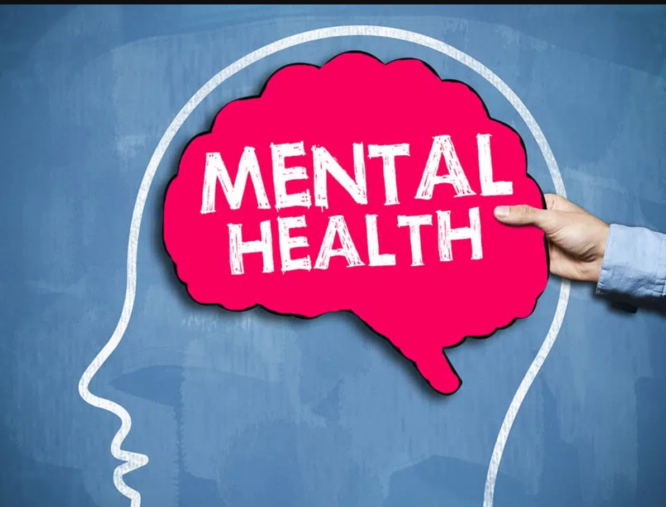
7 Vitamin D-Deficiency-Reducing Lifestyle Changes 2023
Sanjh
- 0
Vitamin D, the “sunshine vitamin,” is needed for good health. Modern lives, indoor activities, and poor diets have caused widespread vitamin deficiencies. Fortunately, lifestyle adjustments can prevent vitamin D insufficiency naturally.
Researchers and health experts have recently stressed the relevance of sunshine exposure in vitamin D production. Outdoor noon sun exposure produces this vitamin naturally.
Brisk walks and outdoor workouts can boost vitamin D levels. Experts recommend 15–30 minutes of face, arm, and leg sun exposure many times a week.
Lifestyle adjustments help overcome vitamin D insufficiency. Outdoor activities, vitamin D-rich foods, supplementation, a healthy weight, and regular exercise can boost vitamin D levels. Controlling your lifestyle can uncover the advantages of this vital vitamin and enhance your health.

Seven lifestyle adjustments for Vitamin D deficient patients:
- Boost Sunlight
Spend more time outside, especially in the noon sun. To create Vitamin D naturally, expose your skin to sunshine for 15–30 minutes everyday without sunscreen.
- Vitamin-D-Rich Foods
Eat vitamin-D-rich foods. Fatty fish (salmon, mackerel, sardines), fortified dairy (milk, yogurt), eggs, and mushrooms are good sources. Eat these dishes often.
- Vitamin D Supplements
Take Vitamin D pills if your doctor advises them. Vitamin D3 and other forms and doses are available over the counter. Talk to a doctor about your dose.
- Optimize Diet
Include calcium, magnesium, and phosphorus in your diet. Vitamin D absorption and use require certain minerals. Leafy greens, nuts, seeds, and whole grains boost nutritional intake.
- Keep Fit
Exercise helps Vitamin D metabolism and absorption. Walk, jog, or play a sport outside to get some sun.
- Medication Check
Corticosteroids, anticonvulsants, and weight reduction treatments can affect Vitamin D absorption and metabolism. Ask a doctor if any of your drugs are causing your deficit.
- Vitamin D Levels
To track your progress and confirm your shortage is being addressed, have blood testing for Vitamin D. Discuss testing frequency and treatment changes with your doctor.


